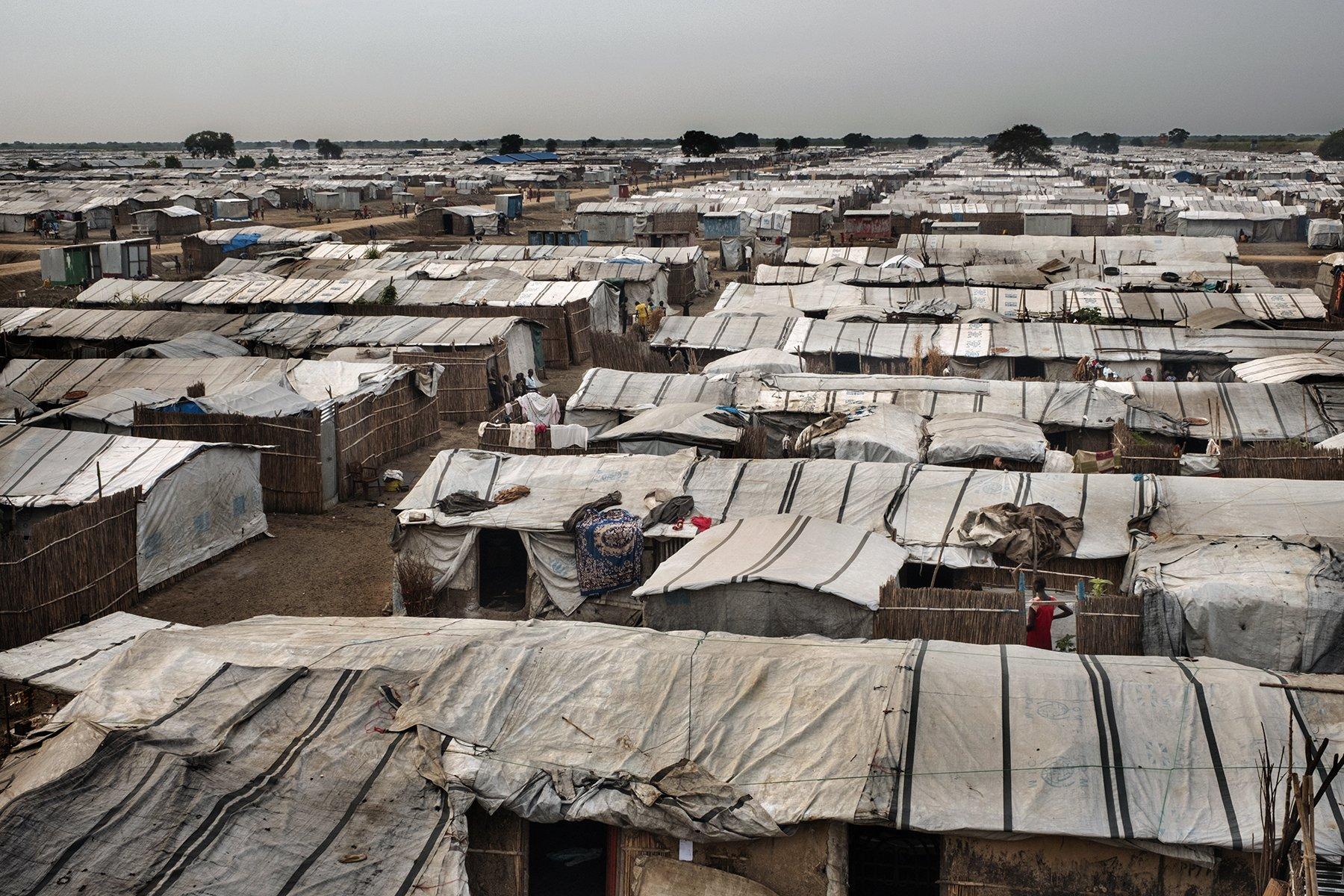With the South Sudan civil war now in its fourth year, thousands of people who fled from ethnic violence continue to seek shelter at one of six Protection of Civilians (PoC) sites established by the United Nations Mission in South Sudan. The largest of these is Bentiu, which serves as a place of refuge for nearly 115,000 people. Despite the presence of UN peacekeepers, violence is pervasive both within and outside the PoC. Armed robberies are common, and the confined living conditions are extremely poor.
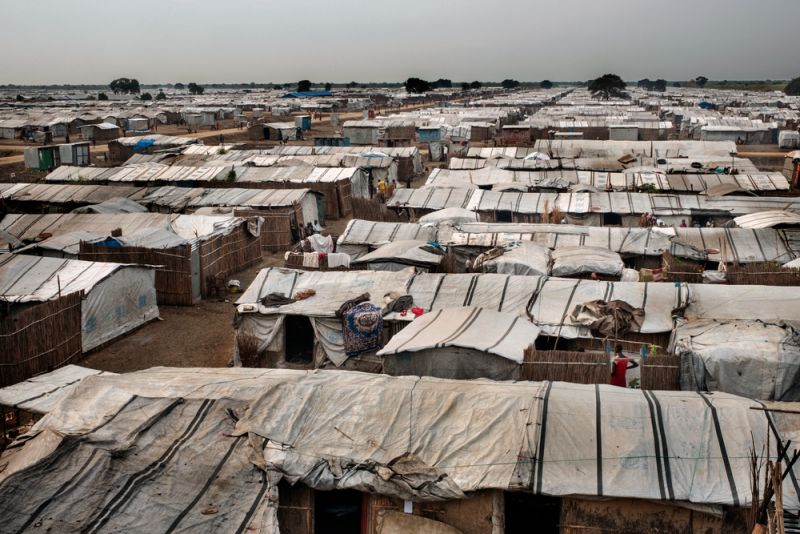
When it first began, the conflict in South Sudan quickly spread along ethnic lines. People feared for their lives and faced limited options, and staying behind in their homes wasn't one of them. By early 2018 with no end to war in sight, as many as 2.4 million people had decided to leave the country entirely, making South Sudan the largest refugee crisis in all of Africa, and the third largest worldwide behind only Syria and Afghanistan.
In addition to those who fled to neighboring counties, another two million have been internally displaced within the country. Over 200,000 live in one of six Protection of Civilians (PoC) sites established by the United Nations Mission in South Sudan. The largest of these, housing more than 50% of all PoC residents, is Bentiu, where Kuany and his family now reside.
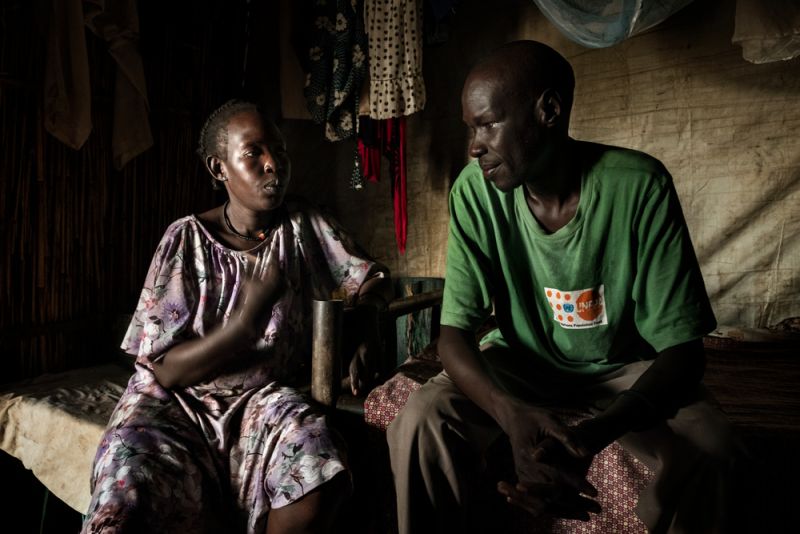
Kuany resembles many of his South Sudanese male compatriots. Appearing to be in his mid-30s, he is tall and built to an image that exudes familiar dichotomies here in the world’s youngest nation; he is lean but muscular, imposing but serene, scarred but resilient. Aside from mere appearances however, he also shares the same story as one out of every three South Sudanese citizens. Along with his wife and nine children, Kuany was forced from his home as he fled amid violent warfare that erupted between government and opposition forces in December 2013. South Sudan, the world's youngest nation, has now been dragged through more than four years of civil war. For Kuany, as for the large majority of the population, the war has left an enormous trail of loss and human suffering in its wake.
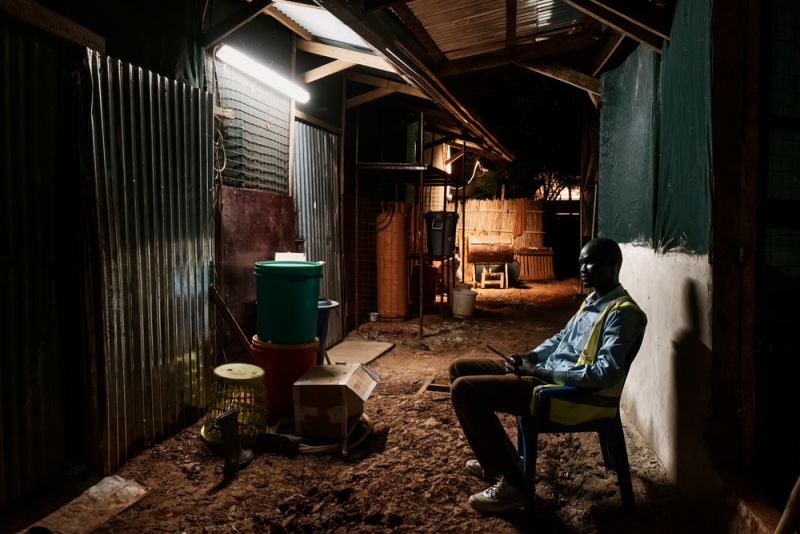
Like many of the first PoC residents, Kuany was hopeful that the conflict would come to a swift resolution, allowing him and his family to return home and begin rebuilding their lives. He had good reason to be hopeful; history was on his side. In the past, those that sought shelter at UN bases ended up returning home within weeks or sometimes in even days. But this time proved to be different. Within a few short months, the 5,000 that had originally sought protection in Bentiu had mushroomed to 40,000, and would only continue growing in the months and years to come.
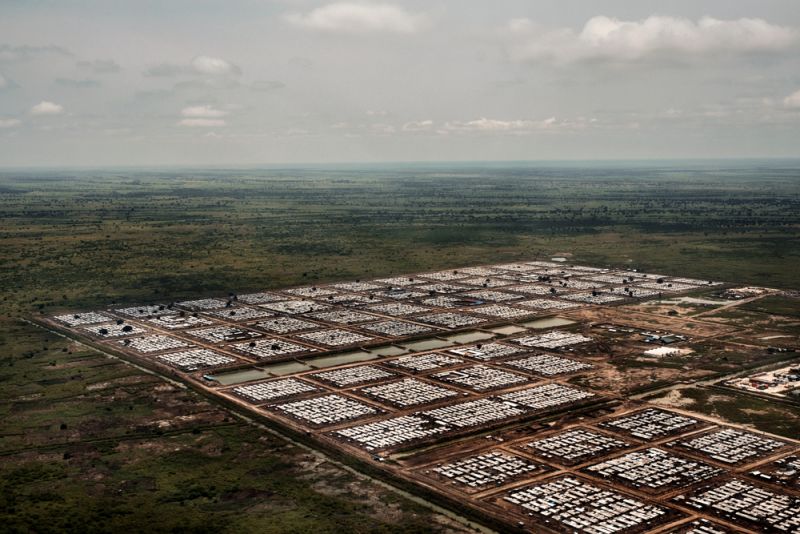
Today, the Bentiu PoC serves as a place of refuge for nearly 115,000 internally displaced people like Kuany. Along with the other PoC sites, Bentiu was never supposed to house so many people for such a prolonged period of time. Residents live in highly confined temporary shelters made of a combination of corrugated metal, plant stalks, mud, and plastic sheeting. These offer limited protection from outside elements, especially during the rainy season when walkways become uneven lanes of mud.
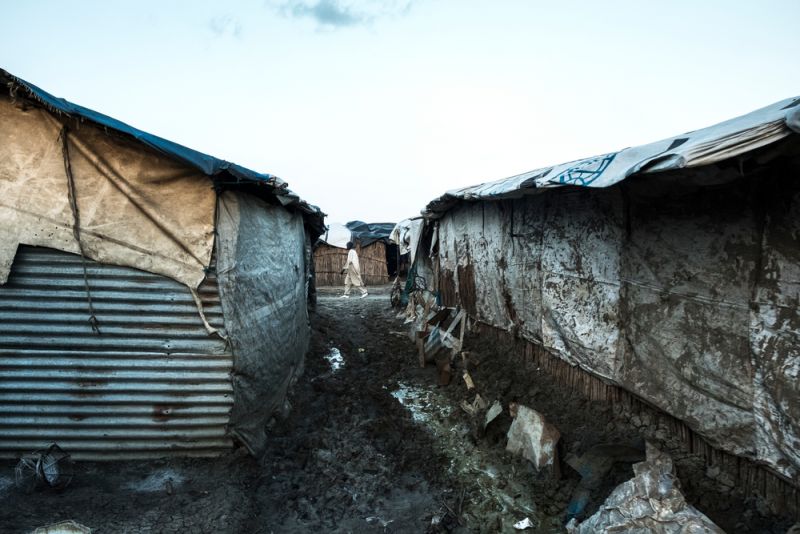
During the day, other challenges surface. Some residents temporarily exit the PoC to engage in small commercial activities or to search for additional food. Women often tell stories of rape and sexual violence, whereas men risk being forcibly recruited into an armed group.
The poor living conditions, violence, and long-term consequences of the war have led to enormous medical needs for the Bentiu PoC population. MSF is responding by providing the only advanced secondary healthcare available within the PoC and the surrounding areas. Malaria, acute watery diarrhea, malnutrition, and conditions linked to poor water and sanitation are the main causes of illness and mortality at MSF's facility in Bentiu. Allieu Tommy, MSF's Medical Team Leader in Bentiu, says that approximately one third of recent emergency room patients have tested positive for malaria.
Chris McAleer is the Project Coordinator in Bentiu read his article here, where he reflects on a routine trip from the PoC to the town, as remnants of past merge with the realities of today...
Also see 'A Daily Struggle in South Sudan's Protection of Civilians Site' here.
Find out more about MSF's work in South Sudan.
